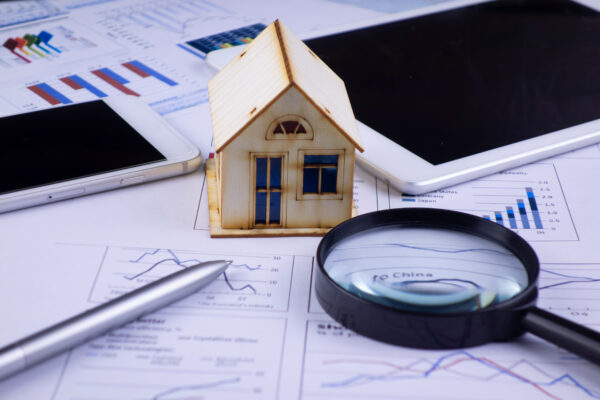What You Need To Know If You’re Becoming a Landlord
Leasing a commercial property is a great way to earn a passive income and grow a property portfolio, but there are a few things it helps to know before you become a landlord.
It’s important to have a good relationship with your tenants to encourage long term tenancies and a steady income. That means not only being compliant with the law, but making an effort to keep your tenants happy too.
Having a property manager takes the hassle out of being a landlord and ensures you keep up with all your requirements.
If you want to be more hands-on and do it yourself, there are a few key legal obligations you need to know.
Quiet enjoyment
Your tenants have the right to use the premises without interruption. If they’re complying with their lease obligations, the best thing you can do is leave them to it.
For example, you can’t commence works or upgrades if it interrupts your tenant’s use of the premises. Understanding lease requirements around maintenance of the premises and the tenant’s quiet enjoyment is key.
As a landlord, you also need to contact your tenant before visiting the property. Get legal advice before you do anything that might impact your tenant’s ability to trade.
Health and safety
Landlords are required by law to protect the health and safety of anyone on their property as much as is practicable.
You need to eliminate as many risks as possible, and minimise any risks that can’t be eliminated. This means identifying and understanding risks so you can take steps to reduce them, and documenting this work in case you need to refer back to it.
Property maintenance
The lease will outline who’s responsible for paying different types of maintenance costs.
Generally speaking, tenants are responsible for covering interior maintenance or repair costs, and landlords pay for costs regarding the exterior of the premises.
Building warrant of fitness
Landlords need to supply a BWoF to your local council every year stating everything you’ve done in the last 12 months to ensure it complies with building regulations. This includes details of inspections, maintenance and reporting.
Your BWoF submission should include supporting documentation and details such as the number of people who use the building.
Assigning/Subletting
If your tenant wants to assign a lease or sublet their space to someone else, you’re required to act reasonably. You can’t just decline the request for no reason.
However, you can do your due diligence into the proposed new tenant and decline the application on reasonable grounds, such as concerns over their ability to pay rent.
Rent and rent reviews
How do you know what to charge in rent? And how do you carry out a rent review? It’s all outlined in your lease agreement.
A valuer can tell you how much rent you can reasonably charge, and a rent review outlines the process for updating the cost of rent. There are a range of options when it comes to rent reviews, and it’s best to talk to either a lawyer or a property manager.
These are just some of the legal obligations commercial landlords have. There can be significant consequences for landlords who don’t comply with legislation and lease obligations, so it’s important to get a lawyer or property manager to help you.
If you’re considering purchasing a commercial property and would like more information, contact NZ Legal by completing the form below.
.png)





